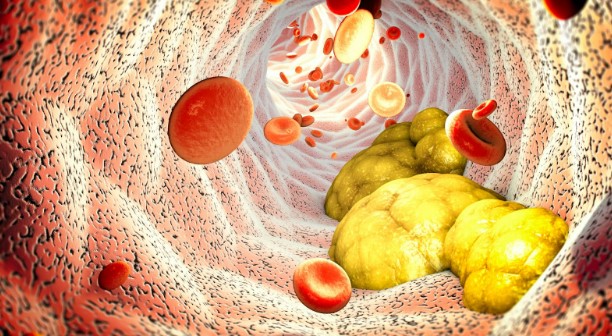What Is LDL Apheresis?
- Posted On:

Updated: 1/4/2023
Sources: UC San Diego Health
In honor of Rare Diseases Day this February 28th, we’re taking another look at LDL apheresis and how it is improving the quality of life for those suffering from rare diseases like Familial Hypercholesterolemia.
LDL apheresis is a nonsurgical therapy that removes LDL (so called "bad") cholesterol from the blood. Most people with high cholesterol levels can be treated using a combination of diet, exercise and medications. Some people with severely high cholesterol levels do not respond to, or have harmful reactions from, medications. People who have high LDL levels who can't take medication can benefit from LDL apheresis as well as those born with Familial Hypercholesterolemia.
Familial Hypercholesterolemia is a rare genetic disorder characterized by high levels of LDL, or bad cholesterol. If untreated, 50 percent of FH patients can experience cardiac and vascular illness by the age of 55, or potentially much younger for more severe cases (UC San Diego Health)
A machine with special filters is used to remove the LDL cholesterol from the patient's blood, and then it is returned to them using needles that are placed in each arm. Sometimes the patient may have a shunt surgically placed in their arm for this treatment.
According to UC San Diego Health, most people treated with LDL apheresis have:
Rare genetic conditions such as familial hypercholesterolemia
An LDL level greater than 200 mg/dL with coronary artery disease
An LDL level greater than 300 mg/dL with or without known heart disease
LDL apheresis is a life-long therapy that is required every two weeks, and a typical procedure lasts about two hours.
Endocrinologist Dr. Thomas Repas can prescribe LDL apheresis as part of his practice at Campbell County Medical Group Endocrinology, Diabetes & Metabolism. Campbell County Health (CCH) can treat patients with this specialized therapy in the CCH Dialysis Center because dialysis treatment is similar to apheresis, and our dedicated staff is trained on the necessary supplies and equipment.
For more information on LDL apheresis or our Endocrinology departments, visit our website or call us at 307.688.3636.
To learn more about those affected by rare diseases and the origins of Rare Diseases Day, visit their website at https://www.rarediseaseday.org/
